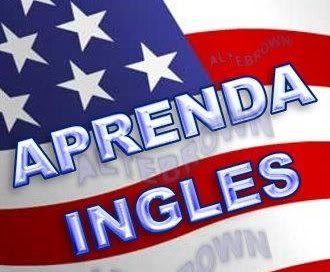
Orações subordinadas adverbiais condicionais são aquelas iniciadas pelas conjunções if (se) e unless (a menos que, a não ser que).
Elas podem ser de três tipos:
If-Clause e Or. Principal
1. If-Clause: No Simple Present >> Or. Principal: No Simple Future ou Imperative (Ex: If she comes home, I will call you.)
2. If-Clause: No Simple Past>> Or. Principal: No Simple Conditional (Ex: If she were at home, I would call you.)
3. If-Clause: No Past Perfect (would have + Past Participle) >> Or. Principal: Conditional Perfect (Ex: If she had come home, I would have called you.)
Casos especiais no uso do IF no inglês:
- Quando o efeito da oração principal é sentido no presente ou no futuro, usa-se Simple Conditional em vez de Conditional Perfect. Ex: If you had bought the tickets, we would go to the theater tonight (Se você tivesse comprado os ingressos, nós iríamos ao teatro hoje à noite).
- Em linguagem literária pode-se omitir o uso do IF na oração condicional. Quando isto ocorre há a inversão sujeito X verbo auxiliar da oração. Ex: LINGUAGEM NORMAL: If I had know the truth before, I would have avoied the accidente (Se eu soubesse da verdade antes, eu teria evitado o acidente). LINGUAGEM LITERÁRIA: Had I kwon before, I would have avoied the accidente (Soubesse eu da verdade antes, teria evitado o acidente).
- Will e would podem ser utilizadas para pedir favores. Ex: If you would do this for me, I would be glad (Se você fizesse isto por mim, eu ficaria contente).
- Wether também significa se, mas é uma conjunção integrante, que também pode ser utilizada em questões de sim ou não. Ex: I don’t know wether he will be here (Não sei se ele estará aqui).

